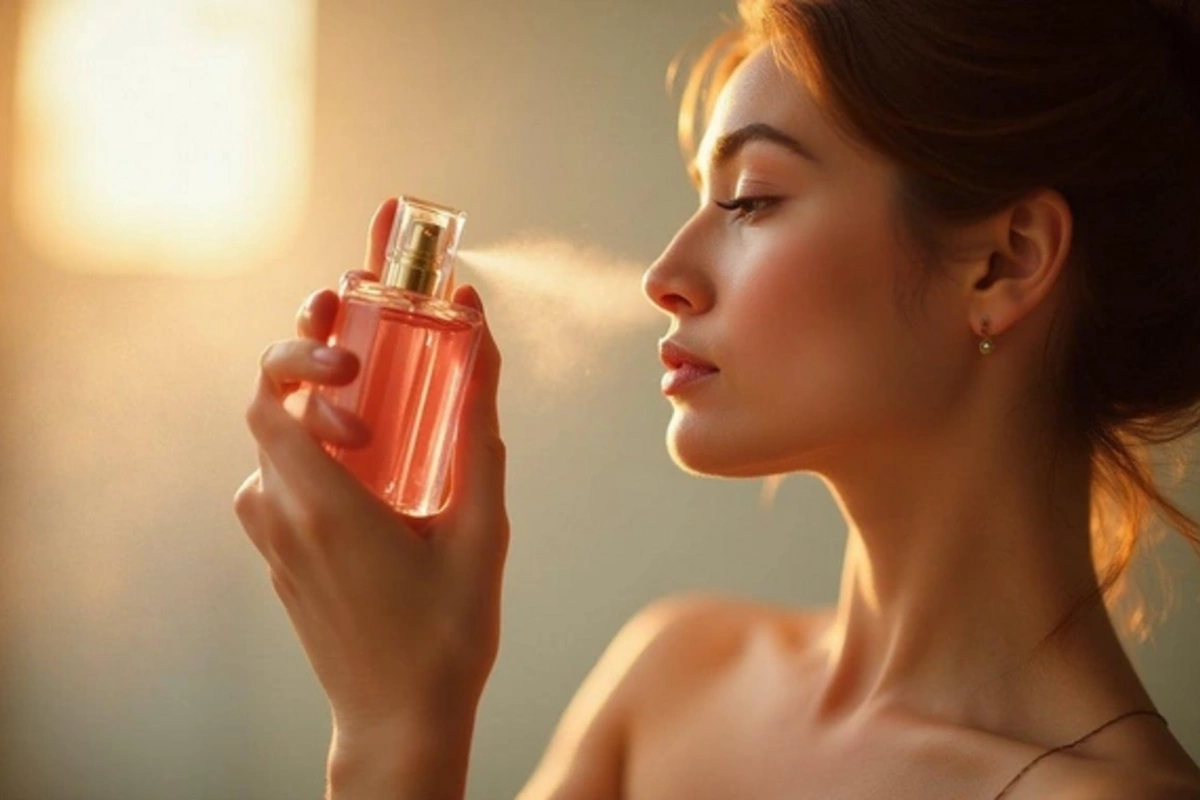03 Jun , 20:16
0

What happens to the body with regular use of perfume: more than just a pleasant scent
Perfume has long ceased to be just a bottle with a beautiful smell. Today it is an integral part of our style, mood, and even personal memories. But few people think about the impact that regular use of perfume has on our body. The results of this impact may surprise you! It turns out that fragrance performs a much more complex function than simply pleasing the sense of smell - it actively participates in the subtle processes of our body and psyche. Let's examine in detail what happens when we apply our favorite perfume daily.
Fragrances and the brain: how perfumes affect mood
Our nose has a direct connection to the brain, especially to the limbic system - the area responsible for emotional reactions and memory formation. That's why smells can instantly evoke vivid associations: the aroma of jasmine transports us to warm summer, while notes of vanilla resurrect memories of home baking.
With regular use of certain perfumes, a specific aroma begins to be firmly associated with feelings of comfort, confidence, or success. This becomes a kind of psychological "anchor" that triggers the desired emotional state.
Plus: fragrance as an anti-stress. Certain scents (lavender, bergamot, ylang-ylang) effectively reduce anxiety levels, improve the ability to concentrate, and help achieve relaxation. It's no wonder that aromatherapy has been successfully used for many centuries!
Skin and perfume: alliance or conflict?
Traditionally, perfume is applied to the skin - behind the ears, on the wrists, neck. This method is not only convenient but also allows the fragrance to reveal itself more fully. However, it's important to remember: perfumes contain alcohols and aromatic compounds that, with prolonged contact, can cause skin dryness or irritation, especially in people with increased sensitivity.
Tip: if redness or dryness appears, it's better to apply perfume to clothing or hair (in moderate amounts!) and avoid direct contact with exposed areas of skin.
Immune system and synthetic components
Modern perfume contains dozens, and sometimes hundreds of different ingredients. Some of them are of natural origin, others are synthetic. Despite the fact that all components undergo safety testing, sensitive people may develop allergic reactions: headaches, sneezing, tearing.
Important: give preference to products from trusted brands, carefully study the composition (if indicated), consider options with natural or hypoallergenic components.
The "invisible mask" effect: how perfume affects self-perception
Psychologists note: a favorite fragrance can become our "second face." It enhances the sense of one's own uniqueness, gives confidence, and even contributes to more effective communication. It's not by